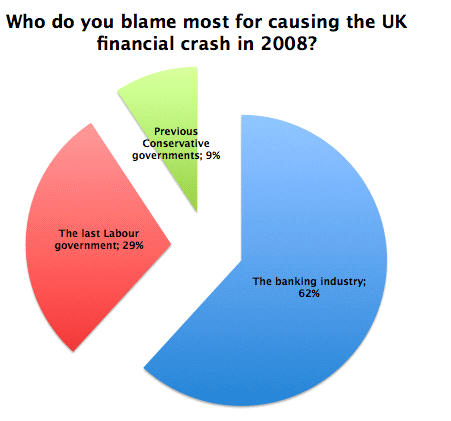Sometimes people miss the wood for the trees. Owen Jones says that ‘Sexual violence is not a cultural phenomenon in India – it is endemic everywhere’.
As Owen summarises a key strand of thinking, one that many have referred me to, I think its worth challenging as it can be counter-productive.
1. No one had said rape is an India-only problem. Neither the Reuters blog post nor the Telegraph news piece Owen doesn’t link to cover the issue sneeringly. Both are balanced pieces.
I’ve not yet read one piece in the media that says violence against women and/or rape is exclusively concentrated with Indian men, and that western societies are utopias in contrast. Until this becomes a narrative I see no need to become knee-jerkingly defensive.

2. It’s counter-productive to lump all countries together when they have different cultures, laws, biases and records on protecting (or not) women. It would be ludicrous for example to say both Sweden and India are doing the same on violence against women.
The reason why campaigners point out that it is way better to be a woman in Canada than India is because they want the latter to improve and challenge its own record. If you disregard the differences then there is no pressure on countries to improve their laws.
3. Violence against women is a cultural problem. There is no getting away from this fact. It is culture that leads to a country’s laws and culture that discourages or encourages this violence. And it is this mentality and culture we need to challenge if we want people to behave differently.
Jenny McConnel summarised this perfectly on my Facebook wall yesterday:
It is culture (education, religion, media etc) that sends the messages to men that women are sexual objects, and somehow less equal than men. It is culture that builds the masculine ideal; which includes violence, controll and domination. (You must remember that men rape men and women can rape men. The same with domestic abuse, women aren’t always the victim.)
By saying it is a ‘male’ problem, you imply that it is somehow hardwired into their brains from birth, just because they possess a penis rather than a vagina.
Of course such views are also prevalent in other countries, but South Asia is getting worse and a huge proportion of humanity lives there. It is imperative on all of us to loudly show solidarity with the women there who want to be heard, instead of hiding behind moral relativism and fear of sounding ‘Orientalist’.
4. Trying to avoid talking about India lets the government and many Indians off the hook. This unwillingness to point fingers for fear of looking racist is counter-productive because it allows some Indians and their government to brush the problem under the carpet and pretend things are the same as in Canada. They’re not. To see meaningful change you have to prod and poke and expose.
India has a woman problem – that’s not just me saying it but Indian women themselves. Listen to them. Or instead of Rashmee Roshan-Lall you could ask Urvashi Butalia. Or see how Shazia Nigar points fingers. Some Indian women even want chemical castration as an option.
Lastly – I’m not saying this is an Indian-only problem either. I would be equally outraged if it were to happen here too, but it happens much more in India. It also seems hypocritical to point out that Uganda and Iran have a terrible record against gays, and Israel has against Arabs, while trying to avoid pointing fingers at India (or Pakistan, Bangladesh and Sri Lanka for that matter – they all have very similar cultures).
It would be rather sad if people avoided showing solidarity with women who want to challenge Indian culture to change, for fear of looking racist. That is a road paved with good intentions going straight to hell. Come and join the Southall Black Sisters demo on 7th January.






